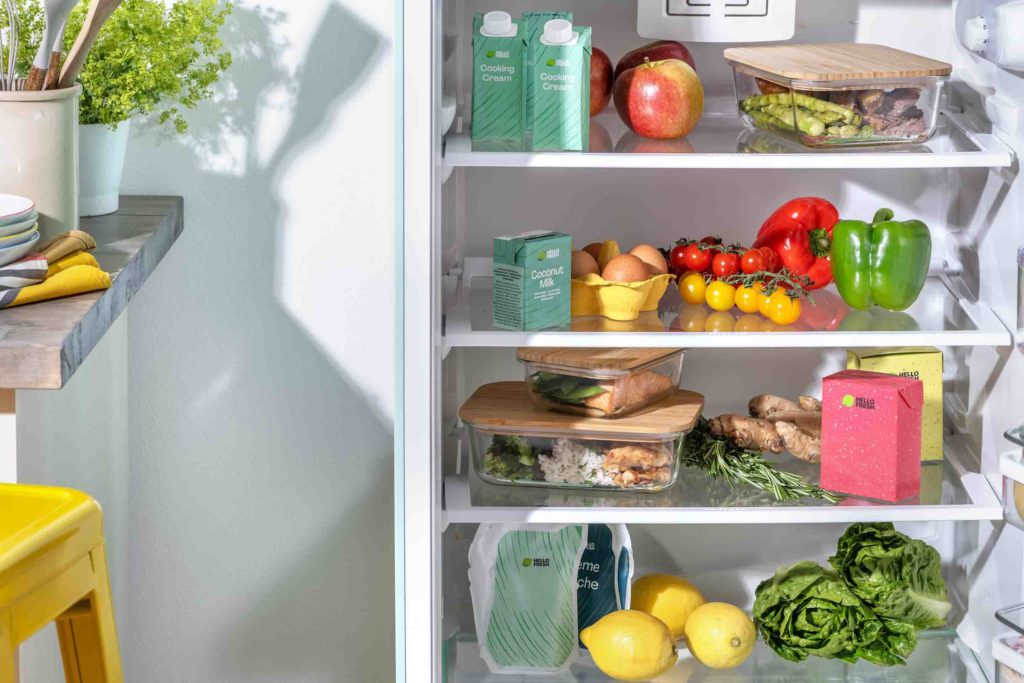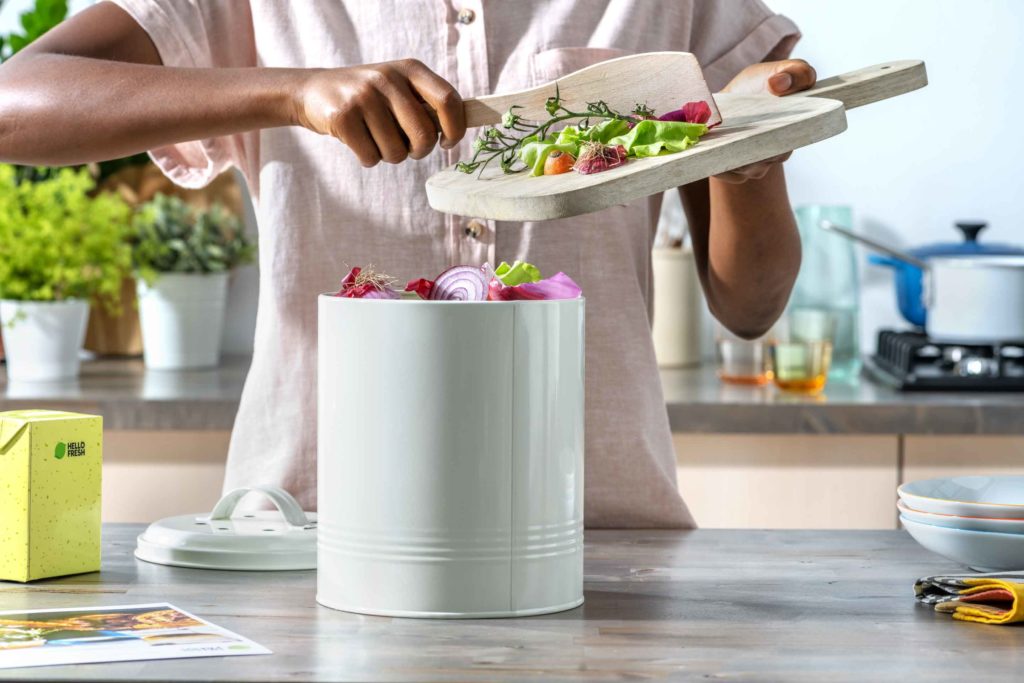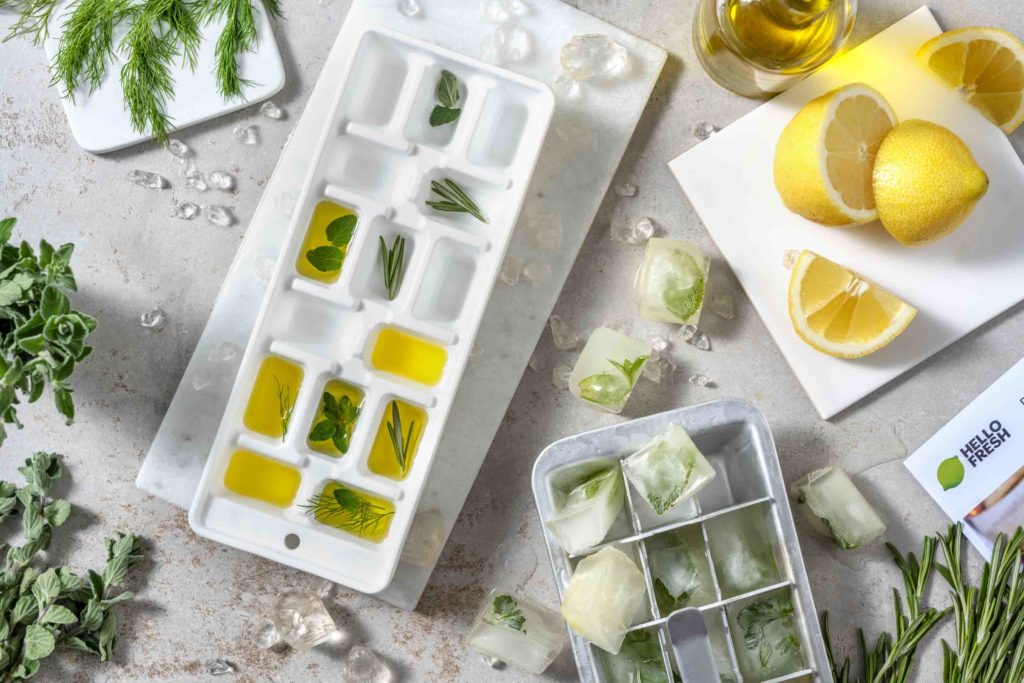This article on food waste has been provided by HelloFresh.
HelloFresh shares statistics on food waste in Canada and expert tips on food storage and reducing waste.
● A recent HelloFresh survey found that 35% of Canadians throw away $5 to $10 worth of food weekly due to overbuying
● Google search trends indicate Canadians are increasingly concerned about the environmental and economic impact of food waste
● The shift to conscious consumption is marked by increasing online searches for food storage tips and leftover hacks, along with meal planning and meal kits

HelloFresh, a global leader in meal kits, found that despite over a third of Canadians regularly discarding food, many are also growing aware of the impact of their consumption habits on climate change.
In the last 3 years, Canadians have searched 47% more on food waste, and 99% more on climate change.
These trends show that more are rethinking their contribution to the climate impact of food waste.

This awareness is also reflected in increasing demand for food storage tips — a welcome shift as 55% of Canadians admit to discarding food that lapsed their best before date.
Popular searches include expert tips for storing food so it keeps longer, preserving the freshness of staples like produce, meat, poultry, and dairy.
Along with better storage, Canadians are also eager to learn greener ways to handle food waste, as well as repurpose leftovers.
Searches for at-home composting, such as ‘what food to compost’ and ‘common mistakes to avoid’ are on the rise.

Despite only 8% of Canadians repurposing scraps and day-old meals, leftover hacks like pickled veggies and fermented foods are trending.
Google search and social media trends reveal favourites, like kimchi and sauerkraut now with a twist in veggie pancakes, quesadillas, and sausage add-ons.
These trends in online searches for food waste indicate a positive shift in Canadians’ consumption habits.
However, experts at HelloFresh note that while leftover hacks and composting are useful, the best way to avoid waste is still meal planning.
Meal delivery kits like those offered by HelloFresh come in guaranteed portion sizes for zero waste, and optimal nutrition and satisfaction.
I really feel like Canadians are taking the world by storm when it comes to food waste, and taking care of the environment. As a French woman who has also lived in London and Rome, I have never seen that much positive impact on the world as what I’ve seen from Canadian people. That mentality is one that will save/change the world, and I will take a few tips from what’s being done in Canada. Thank you for sharing!